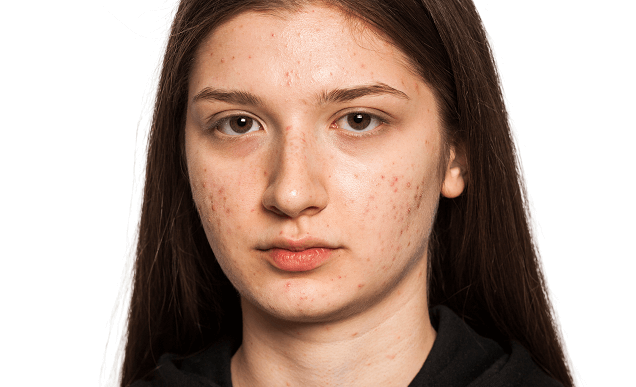 Acne is a among the most common skin conditions that affects people of all ages. It can be frustrating and impact self-esteem. Understanding the causes, available treatments, and preventive measures can help you manage acne effectively. This article will detail the causes, treatment options, and prevention strategies for acne problems.
Acne is a among the most common skin conditions that affects people of all ages. It can be frustrating and impact self-esteem. Understanding the causes, available treatments, and preventive measures can help you manage acne effectively. This article will detail the causes, treatment options, and prevention strategies for acne problems.
Understanding Acne
Acne generally occurs when hair follicles become clogged with oil and dead skin cells. This can result in the formation of whiteheads, blackheads, pimples, or deeper cysts. Acne most commonly appears on the face, but it can also affect the chest, back, and other areas of the body.
Causes of Acne
There are a lot of contributory factors that can lead to the development of acne. Excess oil production, clogged pores, bacteria on the skin, hormonal fluctuations, and inflammation play significant roles. Other factors like diet, stress, and certain medications may also contribute to acne. Identifying the underlying causes is essential for effective treatment.
Treatment Options
Dermatologists play a crucial role in diagnosing and treating acne. They can provide personalized treatment plans based on your acne’s severity and underlying causes. Treatment options may include:
Topical medications: Dermatologists may prescribe creams, gels, or lotions containing ingredients like benzoyl peroxide, retinoids, or antibiotics to reduce inflammation, unclog pores, and kill bacteria.
Oral medications: In some cases, oral antibiotics, hormonal medications, or isotretinoin may be prescribed to target acne-causing bacteria, regulate hormone levels, or reduce oil production.
Procedures: Dermatologists may perform procedures like chemical peels, laser therapy, or extractions to treat stubborn or severe acne and minimize scarring.
Prevention Strategies
While acne may not be entirely preventable, there are steps you can take to minimize its occurrence:
Cleanse your skin gently: Use a mild cleanser and avoid harsh scrubbing, as it can irritate the skin and worsen acne.
Avoid picking or squeezing pimples: Picking at acne can lead to infection and scarring and prolong the healing process.
Use non-comedogenic products: Opt for skincare and cosmetic products labeled as non-comedogenic, meaning they won’t clog your pores.
Practice good hygiene: Regularly wash your hair, keep it away from your face, and regularly wash pillowcases and towels.
Manage stress: Stress can contribute to acne flare-ups. Engage in exercise, meditation, or hobbies, among other activities that are stress-reducing to promote overall well-being.
Seeking Dermatological Expertise
If over-the-counter (OTC) treatments fail to improve your acne or if you have severe or persistent acne, it is advisable to consult a doctor specializing in dermatology. Dermatologists are highly trained in diagnosing and treating various skin conditions, including acne. They can assess your specific situation, provide personalized treatment plans, and offer guidance on skincare routines and preventive measures.
Bottomline
Acne can be managed with the right approach and professional assistance, helping you achieve clearer and healthier skin.
Dermatologists and dermatology play a vital role in diagnosing, treating, and preventing acne. By seeking professional guidance, you can receive personalized treatment plans, learn about effective skincare routines, and address any concerns or questions.
You can always utilize telemedicine platforms like NowServing PH for a convenient and comfortable dermatology consultation appointment. Visit their website at nowserving.ph for more information on how to connect with the best dermatologist in Quezon City or other areas.

